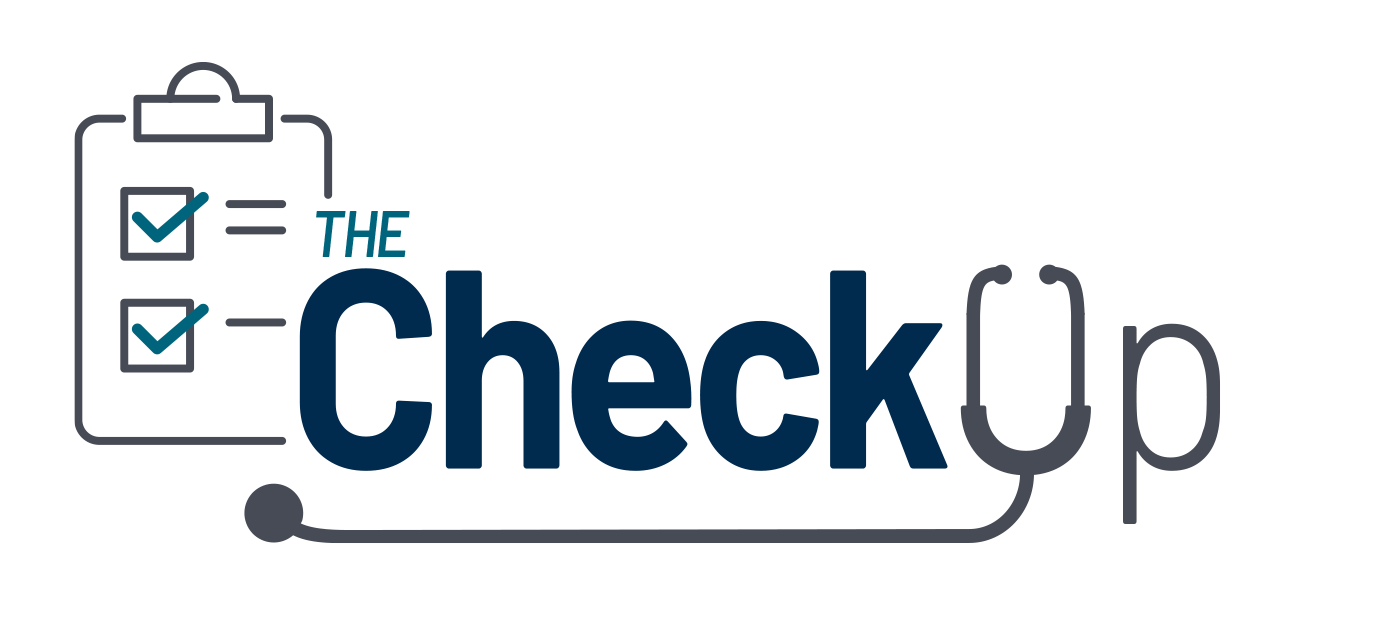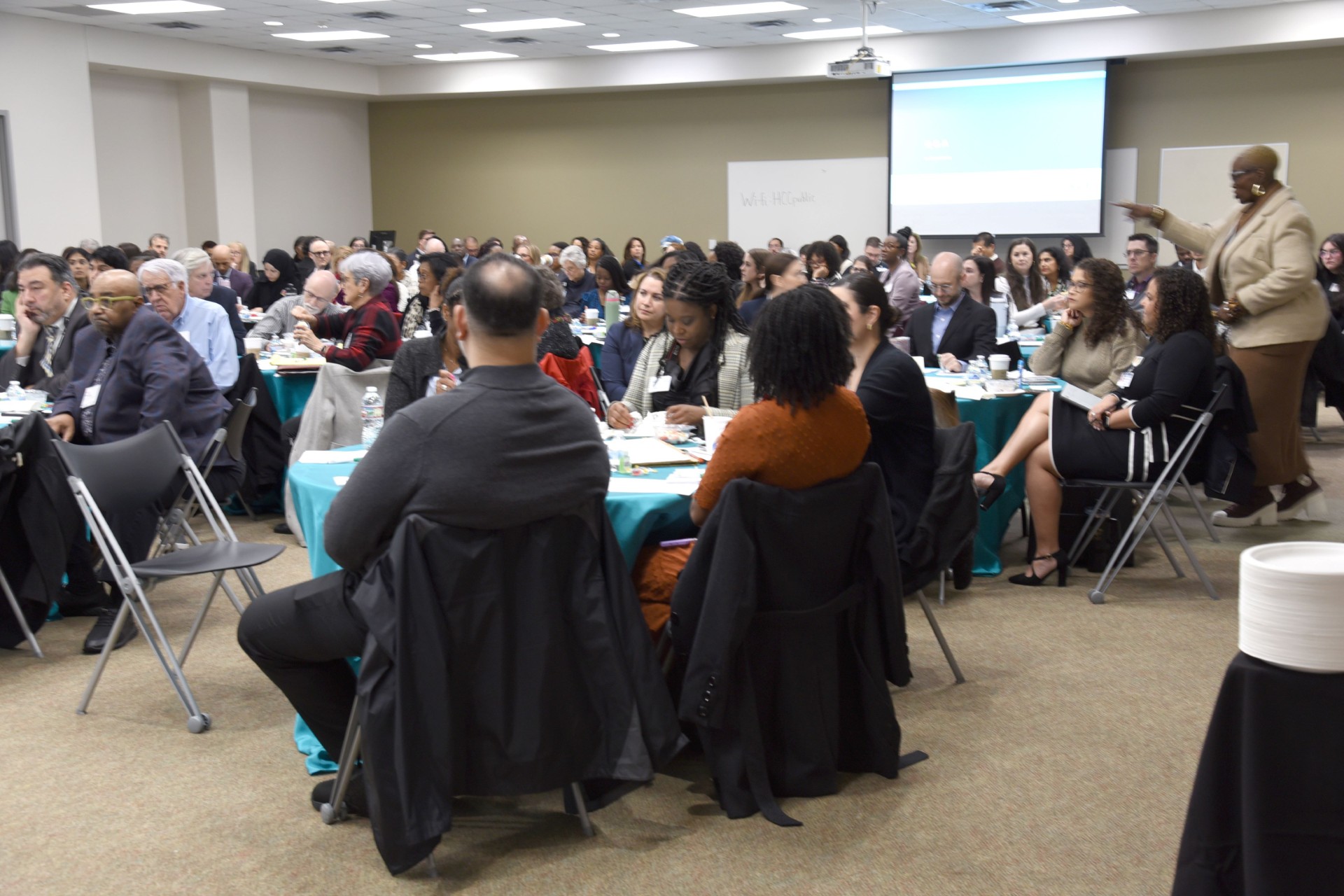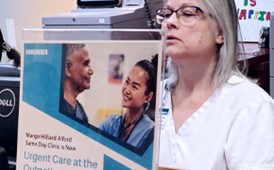
Harris Health is stepping forward as a champion for providing equitable healthcare services and eliminating health disparities. The system sponsored the recent Health Equity in Action Summit, hosted by the newly created Harris Health Sheila Jackson Lee Center for Accelerating Health Outcomes (CARE), a center named in honor of the late U.S. representative known for her leadership in social justice and health equity locally and across the nation.
Congresswoman Jackson Lee was a fierce and passionate warrior for underserved communities in all aspects of society, particularly in regard to access and provision of healthcare services.
“In her life of public service, Congresswoman Jackson Lee embodied the mission and vision of Harris Health’s newly created center that now so fittingly recognizes and honors her great work in the U.S. Congress, the state of Texas, Harris County and the City of Houston,” says Esmaeil Porsa, MD, president and CEO, Harris Health. “The center aims to accelerate the march toward health equity by imagining and then building a world where everyone has the opportunity to be healthy, to reach their full potential, and to flourish.”
CARE used the summit to bring together like-minded individuals, organizations and partners to develop plans for pursuing equitable access to healthcare, eliminating health disparities, educating the community, providing preventive health initiatives and building positive economic and lasting workforce development to benefit the community for generations to come.

“The summit served as an ideal starting point for the conversation and collaboration that are necessary to advance health equity. Harris Health was founded almost 60 years ago to provide healthcare services to the underserved. We are proud of what we have accomplished,” says Chethan Bachireddy, MD, MSc, chief health officer, Harris Health, and executive director, CArE. “However, we recognize there is more work to be done. Inequities in maternal health, heart health and behavioral health are bigger than any one team or institution. Solving systemic inequities requires a systemic, cross-sectoral and multi-disciplinary approach fueled by the community.”
CARE operates under five strategic pillars:
- Community collaboration
- Exceptional healthcare
- Equity innovation
- Workforce development and culture
- Community investment and advocacy
“Each of these five pillars represents a crucial component of achieving true health equity," says Himika Rahman, MD, MPH, manager of strategic initiatives, Population Health, Harris Health. "We cannot focus on healthcare alone; only by tackling these issues holistically can we create meaningful and lasting improvements in health outcomes for all.”
Health Equity in Action Summit: Seven key initiatives
As part of the summit, CARE highlighted seven key initiatives addressing health equity through holistic approaches that consider medical, social and economic factors.
-
Community Health Worker Program: supports Harris Health patients with uncontrolled Type II Diabetes through home and virtual visits, ensuring comprehensive, coordinated care.
-
HealthyConnect for Hypertension: a remote patient monitoring program that provides real-time visibility of patient-submitted blood pressure readings.
-
Culinary Medicine Classes: a patient-centered curriculum incorporating nutrition education and hands-on cooking instruction.
-
Medical-Legal Partnership: integrates legal expertise into health care settings to address structural issues that contribute to health inequities.
-
Be Well™ Acres Homes: a resident-led initiative to promote wellness and reduce chronic disease risks in the Acres Homes community.
-
Food Rx at the Food Farmacy: addresses food and nutrition insecurity by providing fresh, healthy food to patients with chronic conditions.
-
CArE’s Heart Health Focus: Harris Health is committed to a five-year plan to improve heart health equity to aid in reducing life expectancy gaps in Houston.
"These initiatives are just the beginning,” Rahman says. "Each year, we will refine and expand our focus based on community needs, emerging challenges and the impact of our ongoing efforts. By continuously evolving, we can ensure that our strategies remain relevant and effective in addressing health disparities and improving the well-being of the communities we serve."
The long-term goal is to make the summit an annual event, continually evolving with new insights and partnerships.
"CARE is committed to deepening Harris Health’s efforts by actively listening, fostering collaboration and finding ways to collectively address complex health challenges affecting our patients and their families," Bachireddy says.
Understanding the needs and concerns of the community is essential to achieving health equity. CARE encourages community members to share their insights, experiences and suggestions to help shape future initiatives. To learn more about the Harris Health Sheila Jackson Lee Center for Accelerating Health Equity, visit CARE’s website or email
care@harrishealth.org.

To increase the community’s access to high-quality and convenient care, Harris Health opened a new urgent care service at the Outpatient Center on the campus of Harris Health Lyndon B. Johnson Hospital. Urgent care centers are replacing Harris Health’s current same-day clinics by offering extended hours, more care options and shorter wait times compared to hospital emergency centers. Harris Health same-day clinics have served Harris County residents since 2014, annually treating more than 58,000 patients. Urgent care centers augment same-day clinic services—medication refills, vaccinations, cold and flu treatments, pregnancy testing—to include minor surgical procedures and intravenous (IV) hydration and medications. The center also offers onsite radiology, laboratory and pharmacy services. Among the illnesses and minor injuries treated at urgent care include headaches, migraines, sore throats, urinary tract infections, nausea, minor cuts and abrasions, blisters, sprains and suture removal. At urgent care, patients can walk in and out in a reasonable time, get connected back to a primary care physician (PCP), referred to specialty services and even get help scheduling an appointment, which is not something traditionally done in a hospital emergency center. The center can treat all ages including children as young as 18 months old.

With nearly 95% of the existing facility completely renovated, Harris Health Casa de Amigos Health Center celebrated its transformation in February, becoming a ‘healthcare beacon’ for Houston’s historic Northside. The 29,000-square-foot facility includes 3,000 more square feet of space, a new exterior and a new main entrance off Harrington Street. Throughout the multi-year project begun in 2022, staff continued to treat and care for patients. The center now has 68 exam, consultation and treatment rooms, as well as new laboratory, pharmacy, optometry and ultrasound areas. It also offers expanded services in pediatrics, obstetrics, gynecology and midwifery. Casa de Amigos serves 50,000 patient visits annually and has been at its current location since 1982. The center operates with 82 staff including medical faculty from Baylor College of Medicine.

Harris Health’s Food Farmacy program has opened three new food farmacies at El Franco Lee (1,850 square feet), Gulfgate (400 square feet), Martin Luther King Jr. (1,300 square feet) and Settegast (364 square feet) health centers. The program now has seven locations within center sites. Because of limited space at Baytown Health Center, its farmacy operates under a unique collaboration with a nearby food pantry. Other food farmacies in the program are at Strawberry and Acres Home health centers, and Harris Health Lyndon B. Johnson Hospital. In 2024, the Food Farmacy program celebrated its five-year anniversary serving more than 2,000 unique patients and providing more than 300,000 pounds of food. Participating patients saw a drop of 1% in overall A1C—a three-month average measure of glucose for patients with diabetes.
The Harris Health Strategic Fund received $50,000 from McCarthy Construction’s annual charitable golf tournament “Birdies on the Bayou” in November. More than 130 golfers participated in the friendly competition, enjoying delicious food and raffle prizes for a good cause. Taylor McMillan, senior vice president and chief development officer, Harris Health, and executive director, Harris Health Strategic Fund, thanks McCarthy and its construction-industry participants for their support of the vital role Harris Health serves in the community. “Their generous contribution will help fund Harris Health’s multi-year strategic facilities plan, which includes the addition of a new Level I-capable trauma hospital on the campus of Harris Health Lyndon B. Johnson Hospital,” McMillan adds. McCarthy is the lead construction company building the new hospital. Kelli Fondren, vice president, Philanthropy of the Harris Health Strategic Fund, accepted a check presentation at the tournament and expressed gratitude to participants for its donation. To date, the Strategic Fund has raised $23.6 million of its $100 million goal. For more information on the Strategic Fund or to learn about donating opportunities, visit harrishealthfund.org/donate.

Harris Health Ben Taub Hospital and Harris Health Lyndon B. Johnson Hospital each received a Leapfrog Hospital Safety Grade of ‘B’ for the Fall 2024 grading period. This recognition reflects the hospitals’ ongoing progress and commitment to patient safety and quality care. The Leapfrog Safety Grade (A, B, C, D or F) is awarded twice a year by The Leapfrog Group, after evaluating hospitals on a range of patient safety measures, including infection rates, patient injuries and overall hospital processes to prevent harm. A ‘B’ grade indicates strong performance in these areas, showcasing Harris Health’s dedication to delivering safe and effective care to the Harris County community.

Nearly 100 former neonatal intensive care unit (NICU) babies born at Harris Health Lyndon B. Johnson Hospital and their families gathered in December to reunite youngsters, families and many of their dedicated caregivers. In addition to emotional reunions, attendees took photos with Santa Claus, participated in arts and crafts activities including creating ornaments and writing letters to Santa. Babies are admitted into the NICU in most cases because of premature births. Once each newborn reaches a milestone of age, growth and health, each is evaluated for discharge. Many newborns go onto recover with little or no effects from their extra hospitalization. In fiscal year 2023-24, Harris Health delivered 5,494 babies at both its hospitals including Harris Health Ben Taub Hospital.